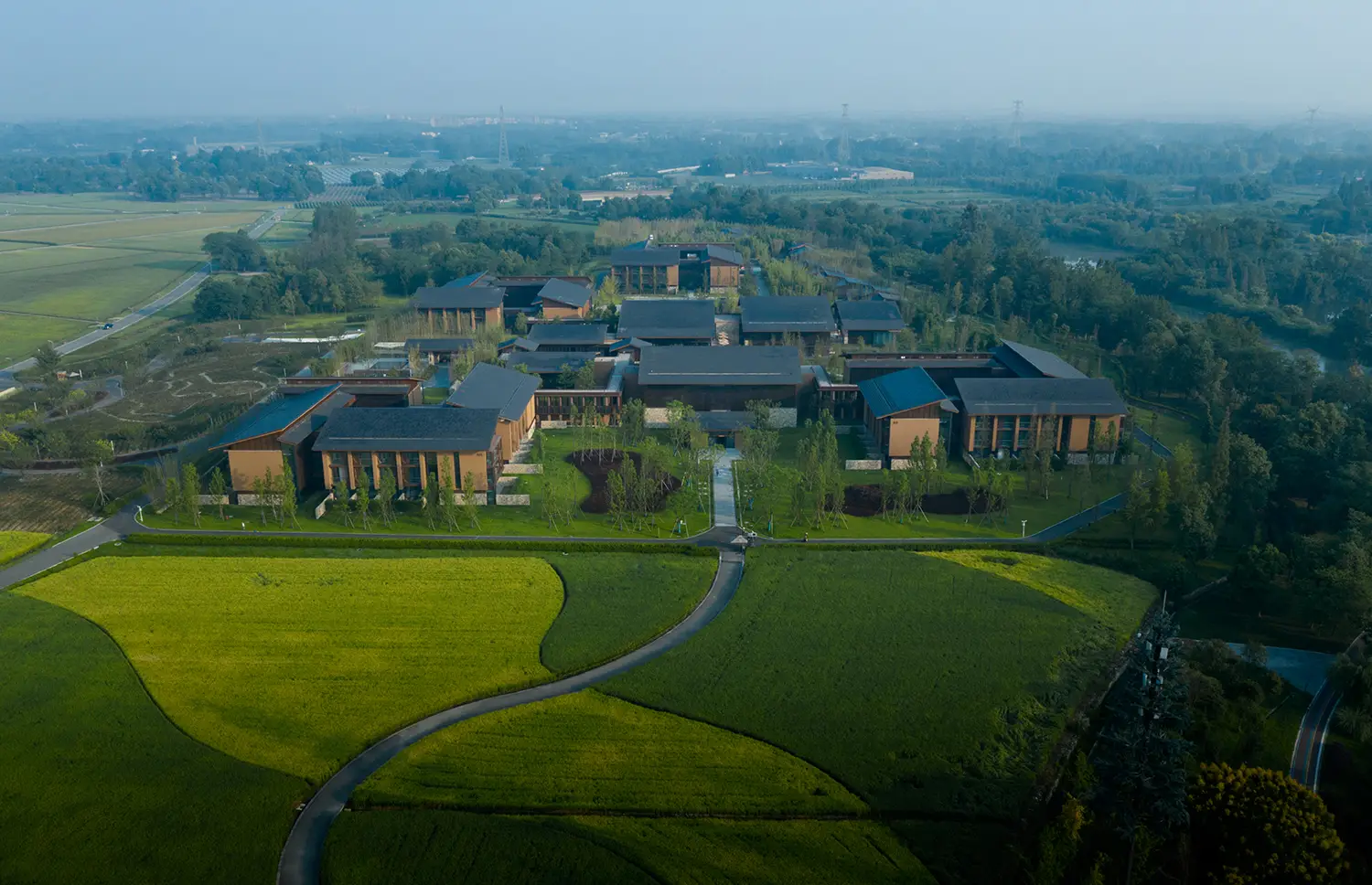Innovation fuels progress, and with technology advancing quickly, new trends are shaping the future in remarkable ways.
Emerging technology innovations such as the Internet of Things and edge computing are transforming industries, revolutionizing our daily lives and work, and presenting endless possibilities. This article explores the latest and most captivating technology trends that have captured the interest of both businesses and individuals.
IoT: Creating a Connected Ecosystem
The Internet of Things (IoT) basically refers to a network of devices such as smart home appliances and industrial sensors. These connected devices gather and exchange information. IoT enables seamless device communication and integration, creating a smart and interconnected ecosystem.
With IoT, we can control our homes remotely, monitor and optimize energy consumption, and streamline industrial processes. The technology has many applications, including improving healthcare and enhancing agriculture and transportation. As IoT advances, it will enhance our daily lives by providing improved efficiency, convenience, and valuable insights.
AI: Enhancing Efficiency and Productivity
AI has gained popularity in recent years, and rightfully so. This technology involves the creation of intelligent machines that possess intelligence like humans and can carry out tasks like recognizing speech, perceiving visuals, and making decisions.
Industries such as healthcare, finance, transportation, and customer service are implementing AI to improve their offers. From AI transportation to personalized shopping recommendations, AI is swiftly revolutionizing how we interact with technology and enhancing efficiency and productivity across industries.
AR and VR: Immersive Experiences
Augmented Reality (AR) and Virtual Reality (VR) normally create immersive experiences by merging the digital and real worlds. These technologies provide interactive and unique experiences. AR overlays digital content onto our physical surroundings, enhancing our perception and interaction with the environment. On the other hand, VR creates a completely artificial environment, transporting users to virtual worlds.
These technologies have gaming, education, training, and even remote collaboration applications. From exploring virtual museums to training simulations for astronauts, AR and VR are reshaping our experiences and pushing the boundaries of what is possible.
Blockchain: Security and Transparency
Blockchain technology gained prominence with the rise of cryptocurrencies like Bitcoin. However, its applications go beyond digital currencies. Blockchain is a ledger system that is decentralized and transparent, allowing secure recording and verification of transactions across multiple computers.
Using multiple computers can revolutionize finance, supply chain management, and healthcare industries. It can enhance security and transparency, making it very popular in online casinos. When you visit casino sites like https://www.casinoaus.net/banking/debit-cards-casino-banking/, you’ll find multiple secure payment options, including cryptocurrencies. With blockchain, we can ensure the integrity of transactions, streamline processes, and create trust in digital interactions.
5G Networks: A New Era of Connectivity
The fifth generation of wireless technology, or simply 5G, is revolutionizing connectivity. 5G networks offer speeds up to 100 times faster than 4G and significantly reduced latency enabling seamless communication and supporting many connected devices. Furthermore, 5G networks power innovations, such as smart cities and autonomous vehicles making their operations seamless.
5G networks will unlock new healthcare, manufacturing, and entertainment possibilities, allowing for real-time remote surgeries, advanced automation, and immersive virtual experiences.
Edge Computing: Real-time Decision-making
As our reliance on connected devices and data increases, edge computing has become a crucial trend. Edge computing involves processing and analyzing data closer to the source, reducing latency and improving real-time decision-making.
This approach is valuable in applications such as autonomous vehicles, industrial automation, and smart cities, where instant responses and low latency are essential. Edge computing enhances efficiency and addresses concerns related to privacy, security, and bandwidth limitations.
Expanding Technological Horizons
The emerging tech trends discussed above represent only a fraction of the transformative innovations that lie ahead. Other technologies, such as robotics, biotechnology, and quantum computing, are lying on the horizon, ready to shape the future in profound ways. As these technologies evolve and mature, they will unlock unprecedented possibilities and disrupt traditional business models.
However, alongside these immense opportunities, it is vital to recognize the responsibility that comes with such power. Addressing emerging tech trends’ ethical, legal, and societal implications is crucial for fostering a fair and inclusive future. As these technologies become more integrated into our lives, considerations such as privacy, security, job displacement, and equitable access to technology must be carefully weighed and appropriately regulated.
Privacy stands as a paramount concern in a world increasingly driven by data. Safeguarding personal information and ensuring consent-based data practices are essential for maintaining trust and protecting individuals from potential misuse.
The transformative potential of emerging technologies also raises questions about job displacement and the evolving nature of work. As automation and AI advance, some traditional job roles may become obsolete, necessitating the creation of new opportunities and reskilling programs. A concerted effort must be made to provide support and training for affected workers, ensuring a smooth transition into the changing employment landscape.
Bottom Line
Emerging tech trends are transforming our world and propelling us into a future that was once considered science fiction. Technologies discussed in this post are revolutionizing industries and creating new opportunities for innovation. As we navigate this exciting technological landscape, we must embrace these trends responsibly. This will allow us to harness their potential creating a more connected, efficient, and equitable society.













